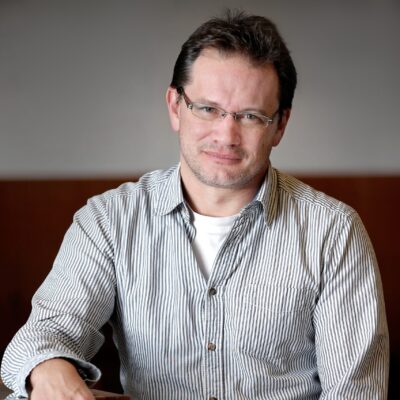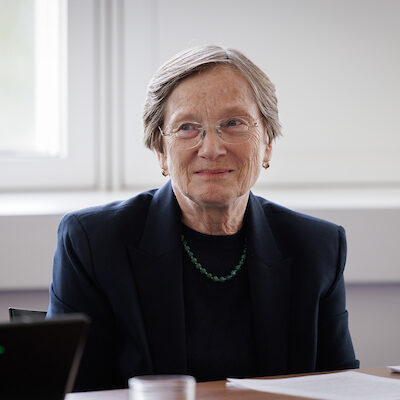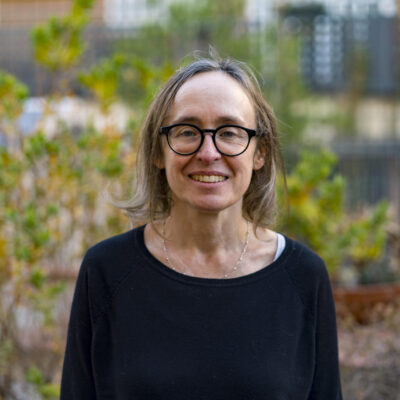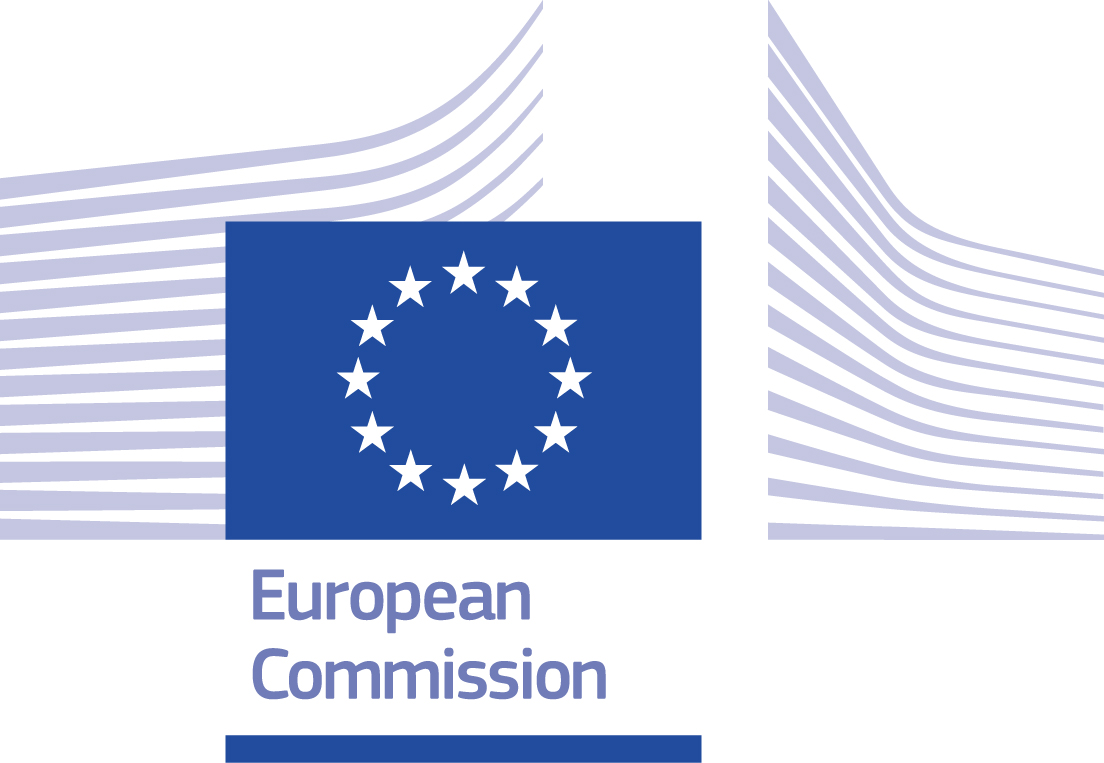Translation, Interpreting & Culture 2025

Aims and Purpose
The conference aims to explore the intricate relationship between translation, interpreting, and societal dynamics. We seek papers investigating how translators and interpreters influence and are influenced by cultural, political, and social forces, shaping and reflecting society’s evolving needs.
Call for Papers
Translation and interpreting are deeply intertwined with society. The relationship between translators & interpreters and society, shaped by both field-specific and more general factors such as economic models, geopolitical shifts, and political decisions, is a complex one and translation as a social activity is deeply embedded in the fabric of cultural exchange and influenced by broader social dynamics. Research into the connections of the social and translation and interpreting in the past decades has been rich and translation has increasingly come to be viewed as a “socially situated relation with difference” (van Doorslaer – McMartin 2022, 1). Translation and interpreting practitioners and researchers are then understood as “complex, situated agents acting within and across the social spheres that condition cross-cultural, multilingual exchange” (1).
Following what some have termed the social or sociological turn in translation studies (cf., e.g., Angelelli 2014; Doorslaer and McMartin 2022), and Andrew Chesterman’s (2009) proposal for translator studies, there has been a growing focus on the habitus of translators and interpreters. The issues surrounding both the experienced and perceived habitus of these professionals, along with other agents involved in the process and the factors shaping it, have attracted significant research interest. However, the steady stream of new publications looking into these issues (cf., e.g., Atefmehr and Farahzad 2021, Chen 2024, Djovčoš et al. 2020, Kolb and Pöllabauer 2023), including the concentrated revisiting of Lawrence Venuti’s concept of invisibility (Freeth and Treviño 2024) suggests that many questions about how translation and interpreting practitioners navigate the world, as well as how society perceives them, remain unanswered (and undiscovered).
The fourth instalment of the Translation, Interpreting, and Culture conference series, titled Translators, Interpreters, and Society, invites contributions that explore the complex interplay between translators & interpreters and the societies which shape them and are shaped by them. We aim to highlight the societal positioning, perceptions, and evolving roles of translators and interpreters engaged in social processes which inevitably change them (Bielsa 2022, 404) and to explore how they both influence and are influenced by the cultural, political, and social forces surrounding them. The goal of this conference is to explore the reciprocal relationship between translators, interpreters, and society – how they shape societal dynamics and, in turn, how they are shaped by social forces, perceptions, and expectations. We aim to address questions including, but not limited to:
• Perception of translators & interpreters by society, perception of society by translators & interpreters, and self-perception of translators & interpreters
• Translators’ & interpreters’ role responding to societal challenges and societal polarization
• Translating futures: shaping the profession in the age of social and technological transformation
• Translators in periodicals as society-shaping agents: formation of actor-networks that establish periodicals as nodes in transnational networks; translation agents in periodicals and activism
• Activism in translation & interpreting and the evolving role of translators and interpreters
• Constructing viable professional narratives (not only) in the classroom
• Translation and interpreting for social equity: addressing access and inclusion disparities
• The evolution and diversification of translation and interpreting studies in response to social changes and transformations.
• The social and cultural impact of translation and interpreting in the age of technological transformation
• Images and roles of (not only) literary translators across the history
• Training new generations of translators and interpreters and adjusting curricula to meet new challenges
Submission guidelines
The conference languages are English and Slovak. If you wish to present the paper in German, Spanish, French or Russian, please indicate so in the abstract. However, in view of the later publication we strongly recommend the use of English. All abstracts are to be submitted in English.
Abstracts of up to 300 words should be submitted by 3 March 2025 to registration@tic-conference.eu. Please include the title of your paper, your full name, institutional affiliation, and contact information. Submissions will be reviewed by the conference committee, and notifications of acceptance will be sent in April. All abstracts will be double-blind peer-reviewed by the members of the scientific board.
We encourage contributions from scholars at all career stages, as well as practitioners who can provide insights from the field. Interdisciplinary approaches that draw on sociology, anthropology, and political science are particularly welcome, as are case studies and empirical research.
References
Angelelli, Claudia V., ed. 2014. The Sociological Turn in Translation and Interpreting Studies. Amsterdam and Philadelphia: John Benjamins Publishing Company.
Atefmehr, Zahra and Farahzad, Farzaneh. 2021. “Microhistorical research in translator studies: an archival methodology.” The Translator 28 (3): 251-262. https://doi.org/10.1080/13556509.2021.1944022.
Bielsa, Esperança. 2022. “For a Translational Sociology: Illuminating Translation in Society,
Theory and Research.” European Journal of Social Theory. https://doi.org/10.1177/13684310211002132.
Chen, Lin. 2024. “The translator’s sociological biography and life telos: the case of John Minford.” Perspectives 1-17. https://doi.org/10.1080/0907676X.2024.2376713.
Chesterman, Andrew. 2009. “The Name and Nature of Translator Studies.” Hermes. Journal of Language and Communication in Business 42: 13-22.
Djovčoš, Martin, Hostová, Ivana, Perez, Emília, and Šveda, Pavol. 2020. “The economies of interlingual intercultural transfer: towards a complex picture of translators and interpreters in Slovakia.” World Literature Studies 12 (1): 45-66.
Freeth, Peter J. and Treviño, Rafael. 2024. Beyond the Translator’s Invisibility. Critical Reflections and New Perspectives. Leuven: Leuven University Press.
Kolb, Waltraud and Pöllabauer, Sonja. 2023. “Women as interpreters in colonial New Netherland.” In Introducing New Hypertexts on Interpreting (Studies): A tribute to Franz Pöchhacker, ed. by Cornelia Zwischenberger, Karin Reithofer, and Sylvi Rennert, 126-146. Amsterdam and Philadelphia, PA: John Bejnamins.
van Doorslaer, Luc and McMartin, Jack. 2022. “Where translation studies and the social meet. Setting the scene for ‘Translation in Society.’” Translation in Society 1 (1): 1-14.
Featured Talks & Speakers

Renée Desjardins

Luc van Doorslaer

Ivana Čeňková

Esperança Bielsa
Our Sponsors
If you’re interested in sponsoring TIC 2025, please contact us for more information. We’re on hand to create a package that meets your needs, so do not hesitate to get in touch at: registration@tic-conference.eu.
The conference is a partial output of the following grants:
VEGA 2/0092/23 Translation and Translating as a Part of the Slovak Cultural Space History and Present. Transformations of Form, Status and Functions: Texts, Personages, Institutions.
VEGA 1/0214/24 Obraz prekladateľov a tlmočníkov v spoločnosti/The image of translators and interpreters in society.
APVV-23-0539 Príprava prekladateľov a tlmočníkov na budúcnosť: Zriadenie znalostnej platformy pre poskytovateľov jazykových služieb na Slovensku/Future-Proofing Translators and Interpreters: Establishing a Knowledge Platform for Language Professionals in Slovakia.
VEGA 1/0113/23 Špecifiká lokalizácie softvérových produktov v jazykovom páre slovenčina – angličtina/Localization of Software Products Specifics in the Slovak – English Language Pair.







